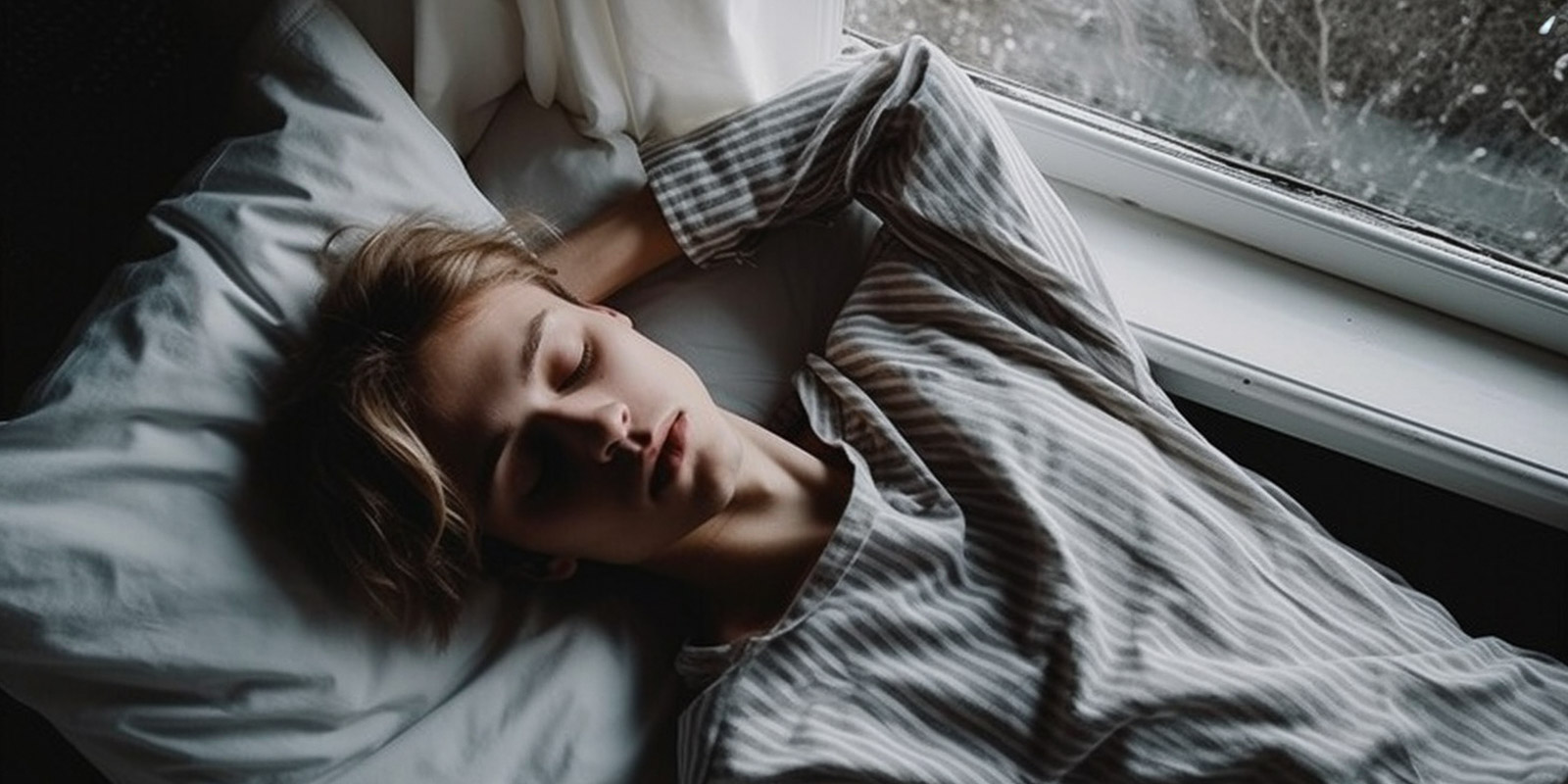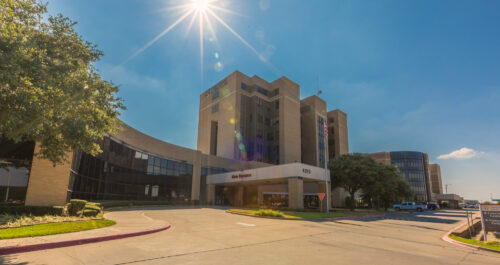
Sleep Therapy
About
Hunt Regional Healthcare’s sleep disorder clinic uses various treatments to deal with sleep problems. Unlike a typical sleep lab, we offer easy and convenient at-home testing. The results of your sleep study will be read by a pulmonologist, a physician specializing in diagnosing and treating respiratory disorders.
It’s important that you find out whether you have a condition affecting the quality of your sleep. Insufficient sleep is linked to several diseases, including diabetes, obesity, depression, and cardiovascular disease.
From restless leg syndrome and night terrors to insomnia and Sleep Apnea, whatever is keeping you from getting the restorative sleep you truly need can be detected, diagnosed, and treated. Ask your doctor if a home sleep test would work for you. Call us at 903.408.1840 for more information.

